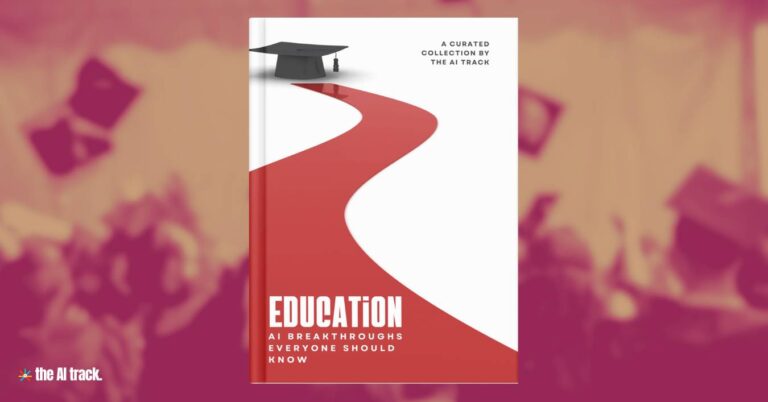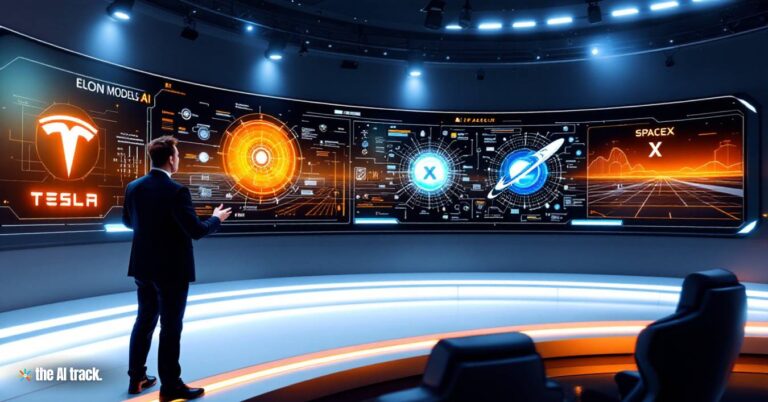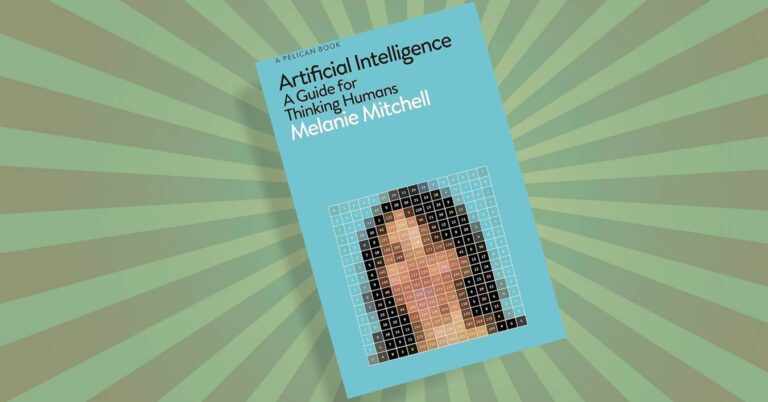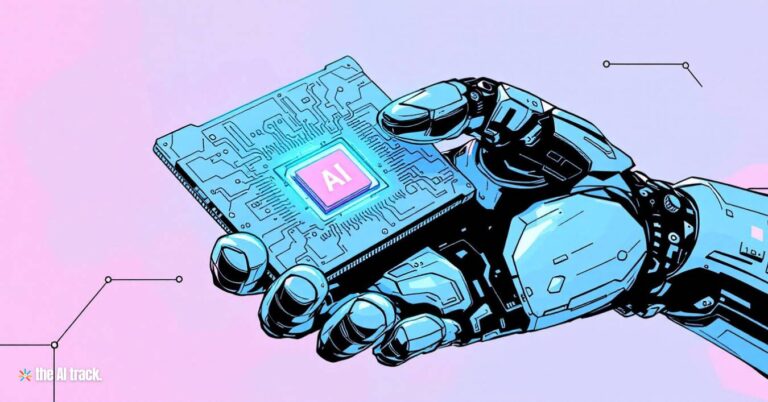The “Deus in Machina” project at St. Peter’s Chapel in Lucerne, Switzerland, features an AI-powered Jesus designed to engage visitors in discussions about faith, theology, and the Bible. Contrary to some reports, the AI is not a confessional replacement nor capable of administering the Sacrament of Confession, which remains exclusive to ordained priests.

AI Jesus in Swiss Church – Key Points
- What is “Deus in Machina”?
- An experimental art installation that explores the integration of AI in religious dialogue.
- The AI Jesus is displayed on a curved screen within a confessional booth and responds to visitors’ questions in 100 languages.
- Developed by Lucerne University of Applied Sciences and Arts in collaboration with theologians, the AI was trained using the New Testament and other religious texts.
- Purpose of the Project:
- To prompt reflection on the limits of technology in spiritual contexts.
- Aimed at encouraging comfort with AI in religious settings while exploring its potential as a tool for pastoral work.
- The church clarified that the AI is intended for conversation, not confession.
- AI in Religion – Context and Examples:
- The Vatican has explored AI applications, including VR exhibits and tools like CatéGPT and Magisterium AI, which provide answers about Catholic teaching using authoritative sources.
- Other attempts, such as an AI “priest” unveiled by California-based Catholic Answers, faced backlash when users manipulated it into mimicking the Sacrament of Confession, prompting its removal.
- Criticism and Ethical Concerns:
- Peter Kirchschläger, a theological ethicist, warned that AI lacks the human capacity for moral discernment and pastoral care, which are essential for meaningful spiritual guidance.
- Critics within the Catholic community expressed concerns about the use of religious imagery in the confessional booth and AI’s potential to oversimplify complex theological issues.
- AI Jesus and its Reception:
- Feedback has been mixed:
- Positive: Many visitors found the AI insightful, accessible, and helpful in addressing questions about the Bible.
- Negative: Others criticized it as offering “trite” or overly simplistic answers that failed to connect on a deeper spiritual level.
- The project highlights the dichotomy between curiosity about technology and skepticism about its appropriateness in sacred spaces.
- Feedback has been mixed:
- The Verdict:
- The AI Jesus installation is not designed to hear confessions or replace priests.
- Instead, it’s a thought-provoking art exhibit that uses AI to engage with biblical teachings, inviting visitors to reflect on the intersection of faith and technology.
Why This Matters:
The “Deus in Machina” project underscores the Catholic Church’s evolving engagement with AI while maintaining traditional practices. It raises important questions about how far technology can or should integrate into deeply human experiences like faith, confession, and spiritual care.
Sources
- This church has an AI Jesus for confessions: ‘It gave me so much advice’ | NY Post
- Meet your own personal AI Jesus in this Swiss church’s confessional | TechRadar
- Deus in machina: Swiss church installs AI-powered Jesus | The Guardian
- ‘AI Jesus’ Is Now Taking Confessions at a Church in Switzerland | Vice
- No, ‘AI Jesus’ isn’t actually hearing confessions: fact check | Catholic News Agency
Discover ChatGPT’s AI emotional support for 24/7 mental well-being. Learn to cope with stress, anxiety, and life’s challenges with AI-driven therapy
Read a comprehensive monthly roundup of the latest AI news!







